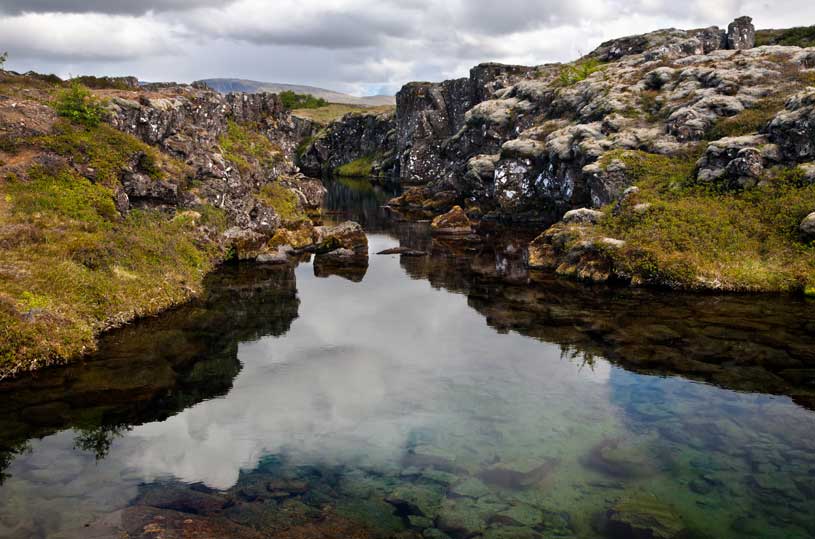Hello, Hagit.This is a common mistake. Not everyone who goes through the Bermuda Triangle disappears, and this place is not more dangerous than other places in the world. Despite being a popular area, the Bermuda Triangle area does not have more sinking accidents. It is in fact one of the busiest shipping lanes in the world. The sinkings that were documented there were not more frequent than in other regions that are busy shipping lanes.
Nevertheless, a special phenomenon has been catalogued in the Bermuda Triangle: This area became famous following very strange cases of large ships and even aircraft that suddenly disappeared without leaving behind a trace or distress calls. In a famous case called “Flight 19”, a number of pilot trainees disappeared along with their commander in the Bermuda Triangle, and even the rescue plane trying to locate them disappeared like them — without leaving even a trace behind. There have also been sailors and pilots who claimed that their compasses went berserk and the sky seemed to be on fire in the Bermuda area.
In other words, although there are no more ship sinkings in the Bermuda Triangle than elsewhere in the world, nevertheless a few events that took place in it are far more mysterious than in other places, and therefore they became widely publicized. One theory put forward is that there is a a strong magnetism in the Triangle region, which is capable of disrupting radio contact and perhaps even swallow ships or aircraft at sea.
One article I saw mentioned that the Bermuda Triangle acquired its bad reputation going back to Christopher Columbus’s expedition in which he discovered America. He recorded in his diary that on October 8, 1492 he came across “something strange occurring in the sea region.” Is there any mention of such a phenomenon in our sources? There is mention of a similar phenomenon in the Gemara, in Rashi's commentary on Tractate Berachot (8a): “It is like [pulling] a rope through the loop-holes [of a ship]” — in which Rashi explains that the ocean has places which do not tolerate iron, so they attach the ship’s plates by ropes and sticks which they insert into its loop-holes, and which have to be forcefully thrust through because they are as thick as the loop-hole.” Rashi is describing places in the ocean which were known to sailors in ancient times, which used to swallow up metals and were dangerous to sailors.





